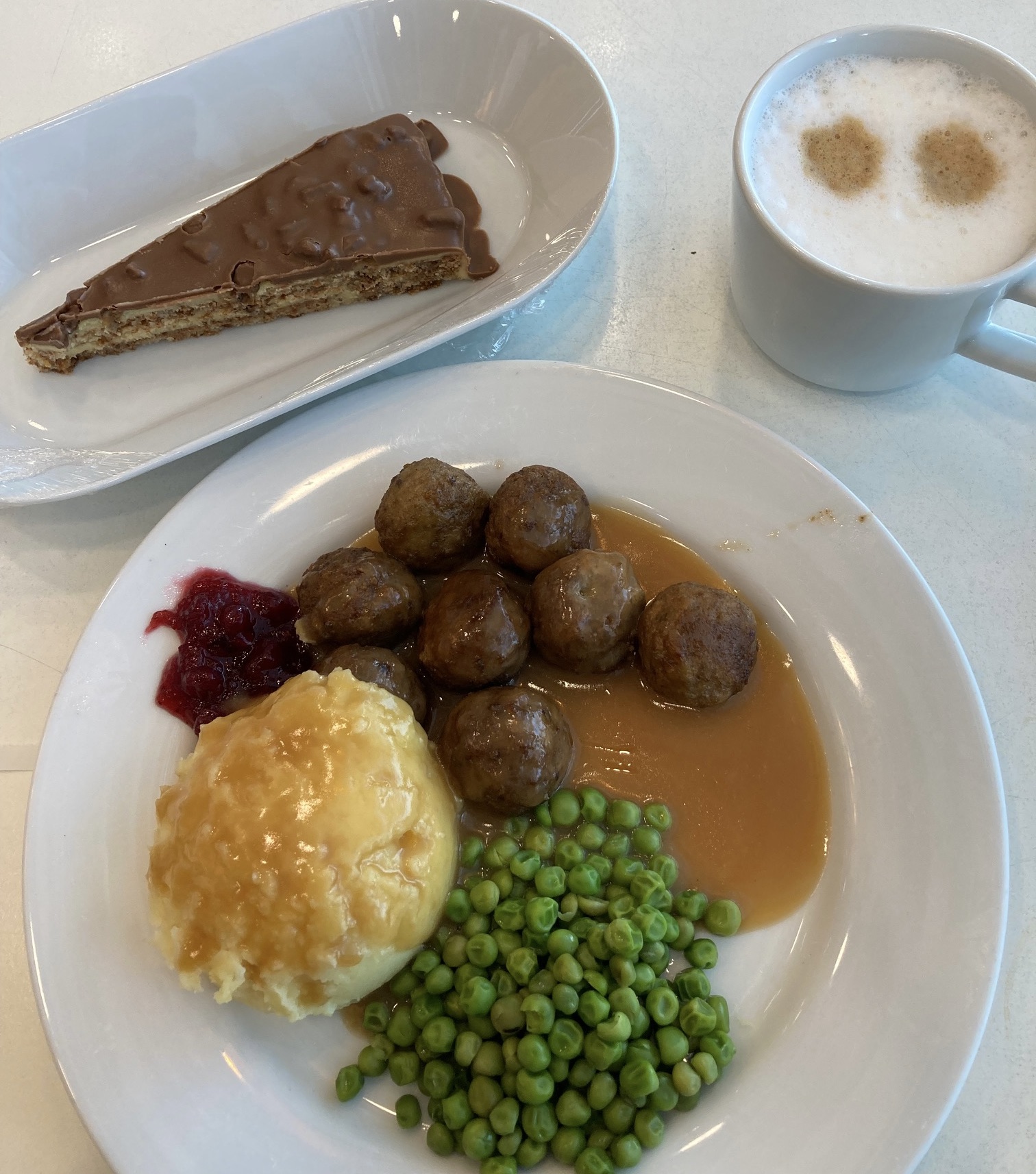Earlier this month, I was a panelist at a Delta Literary Arts Society (DLAS) event here in Tsawwassen, with writers Raoul Fernandez, Debra Purdy Kong, and S.J. Kootz. Along with an honorarium, each of us was gifted a book from “the abandoned library” of a woman known as Irene P.; mine was Bird by Bird by Anne Lamott. “Do books long for a new owner?” asks a note pasted into the flyleaf. Assuming they do, “Just such a case has brought this book to you… once one of thousands in a collection owned by one Irene P.”
I asked the event organizer about her. She didn’t know much beyond the fact that when the woman’s house sold, there were thousands (6000, did she say?) books left behind, and hundreds about writing which somehow came to the DLAS and are used as unique thank yous. With all that advice on her shelves, did Irene P. write? I don’t know that either; hers is a story still to be told perhaps, but at any rate, I now have her 1995 edition of the Lamott classic, and it gives me pleasure. Since I already own the book, I’ll pass my copy on to someone else. And I think I’ll see if I can’t get more information about our mysterious donor.
*
Speaking of writing advice, I recently read a small (80 pages) book by Stephen Marche called On Writing and Failure. Marche is no slouch, he’s written books and essays for all kinds of prestigious magazines, but he’s honest about the reality of the life: rejection. He kept track of them, he says, until they reached 2000, and hardly notices any more. He offers examples from other writers, and the point of it is not the promise of some inevitable arc to success, but his subtitle: On the Peculiar Perseverance Required to Endure the Life of a Writer. The book is full of quotable quotes:
English has provided a precise term of art to describe the writerly condition: Submission. Writers live in a state of submission. Submission means rejection. Rejection is the condition of the practice of submission, which is the practice of writing.
In an environment where some 300,000 books are printed yearly in the U.S. alone, and only a few hundred of those are what could be called creative or financial successes, there’s certainly no urgency for anyone to join the ranks. But if one’s there already, nothing for it, he says, but to keep at it, to keep submitting the work. “No whining,” he insists repeatedly. “The desire to make meaning…is a valid desire despite the inevitability of defeat.”
but to keep at it, to keep submitting the work. “No whining,” he insists repeatedly. “The desire to make meaning…is a valid desire despite the inevitability of defeat.”
*
And, speaking of small but profound books, Sue Sorensen’s new poetry book, Acutely Life (At Bay Press), is an absolute delight. Whether she’s considering Freud or a musician or art or gardening/marriage or Mary the mother of Jesus, Sorensen registers on the page with both brilliant wit and deep emotional insight. Somewhere I read (though I can’t find the exact quote), one doesn’t interpret poetry as much as experience it. That’s how it’s been reading this book. I intend to read/experience it again.








